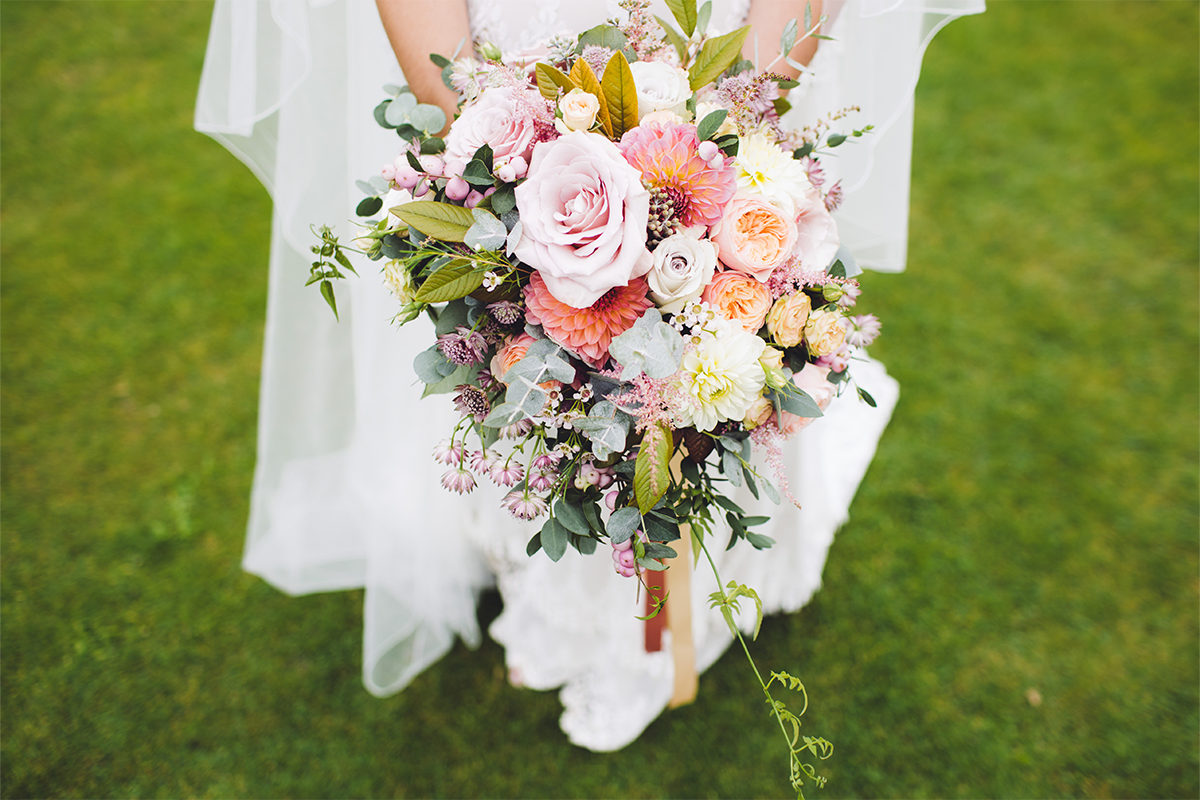
Peers from across the political spectrum – Labour, Conservative, Liberal Democrat, and Crossbenchers – called on the Government to grant legal recognition to humanist marriages in England and Wales without further delay, and demanded a clear timeline for this reform. In a sign of frustration at the ongoing delay, this marked the third time in just four months that the House of Lords heard an oral question on the matter.
Humanists UK welcomed the powerful interventions made by peers, but expressed its disappointment at the Government’s continued refusal to commit to long-overdue reform – despite having championed the measure for over a decade while in opposition.
Labour peer Baroness Thornton, a member of the All-Party Parliamentary Humanist Group (APPHG), tabled the question. She asked the Government to set out its timetable for legal recognition of humanist weddings in England and Wales, and said that ‘the Minister has disappointed those who see this as a priority for the last eleven years, and have been asking the Government to take action’.
Baroness Blackstone further pressed the Government on the timeline, and asked ‘Can the Minister assure the House that we will have legally recognised humanist marriages within the next 12 months?’, but in response, Lord Ponsonby said his commitment was merely that ‘in the coming months, we will review the situation’.
Legal recognition in England and Wales has been under constant Government review since 2013. The Marriage Act gave the Government the power to enact legal recognition of humanist marriages without needing a new Act. But in the years since, the Government has not done this. Instead the matter has been reviewed three times, most recently by the Law Commission, who published their report in July 2022. The previous Government did not issue its response before the General Election was called.
Lord Dobbs made clear the frustration felt by many when he said ‘The Minister keeps talking about the complexities of these issues, but it is a complexity which has been resolved in Scotland, Northern Ireland, Jersey. What is required is not more discussion and more complexity but a decision.’
Liberal Democrat peer Baroness Burt, Vice Chair of the APPHG, requested an urgent meeting with Lord Ponsonby to move the matter along, which Lord Ponsonby committed to.
Other peers who supported a change in the law were Lord Birt and Baroness Whitaker.
Commons action
In a sign of mounting pressure, legal recognition of humanist marriages was also raised in the House of Commons last week, where Andrew Cooper MP said ‘Humanist marriage has been legal in Scotland for 20 years but continues to wait to be legalised in England and Wales. The Law Commission made recommendations two years ago on clarifying the law, but when asked to set out a timetable for action, the Minister in the other place only responded, ‘in the fullness of time.’ Rachel Hopkins MP is also set to ask an oral question later this week.
Humanists UK Director of Public Affairs and Policy Richy Thompson commented:
‘It’s clear that parliamentarians from across both houses are increasingly frustrated by the lack of progress on legal recognition of humanist marriages. The Government has had the power to act for over a decade, yet humanist couples are still waiting to marry in line with their deepest-held beliefs. What’s really needed is action, and we urge the Government to finally bring about this long-overdue reform.’
Notes
For further comment or information, media should contact Humanists UK Director of Public Affairs and Policy Richy Thompson at press@humanists.uk or phone 0203 675 0959.
Read the Hansard of the debate.
Read more about our work on legal recognition of humanist marriages.
Humanist weddings are non-religious wedding ceremonies that are fully customised to match the deepest-held values and beliefs of the couple getting married. They are conducted by a humanist celebrant, someone guaranteed to share their beliefs. In consultation with the couple the celebrant produces a completely bespoke script. The ceremony also occurs in whatever location is most meaningful for the couple. Humanists UK has more than 300 trained and accredited wedding celebrants.
Humanist marriages gained legal recognition in Scotland in 2005 and in 2019 there were more humanist than Christian marriages for the first time (23% of the total). In the Republic of Ireland, humanist marriages gained legal recognition in 2012. In 2019 around 9% of legally recognised marriages were humanist. That places the Humanist Association of Ireland only behind the Catholic Church and civil marriages. They gained legal recognition in Northern Ireland in 2018, following a Court of Appeal ruling that concluded that a failure to do so would be a breach of human rights. Jersey also gave legal recognition to humanist marriages in 2019 and in 2021 Guernsey followed suit.
In 2020, six humanist couples took a legal case to the High Court. They argued that they were discriminated against by the fact that religious marriages are legally recognised but humanist marriages are not. The judge in the case agreed, ruling that ‘the present law gives rise to… discrimination’. She also ruled that, in light of that, the Secretary of State for Justice ‘cannot… simply sit on his hands’ and do nothing.
Humanists UK is the national charity working on behalf of non-religious people. Powered by over 130,000 members and supporters, we advance free thinking and promote humanism to create a tolerant society where rational thinking and kindness prevail. We provide ceremonies, pastoral care, education, and support services benefitting over a million people every year and our campaigns advance humanist thinking on ethical issues, human rights, and equal treatment for all.
